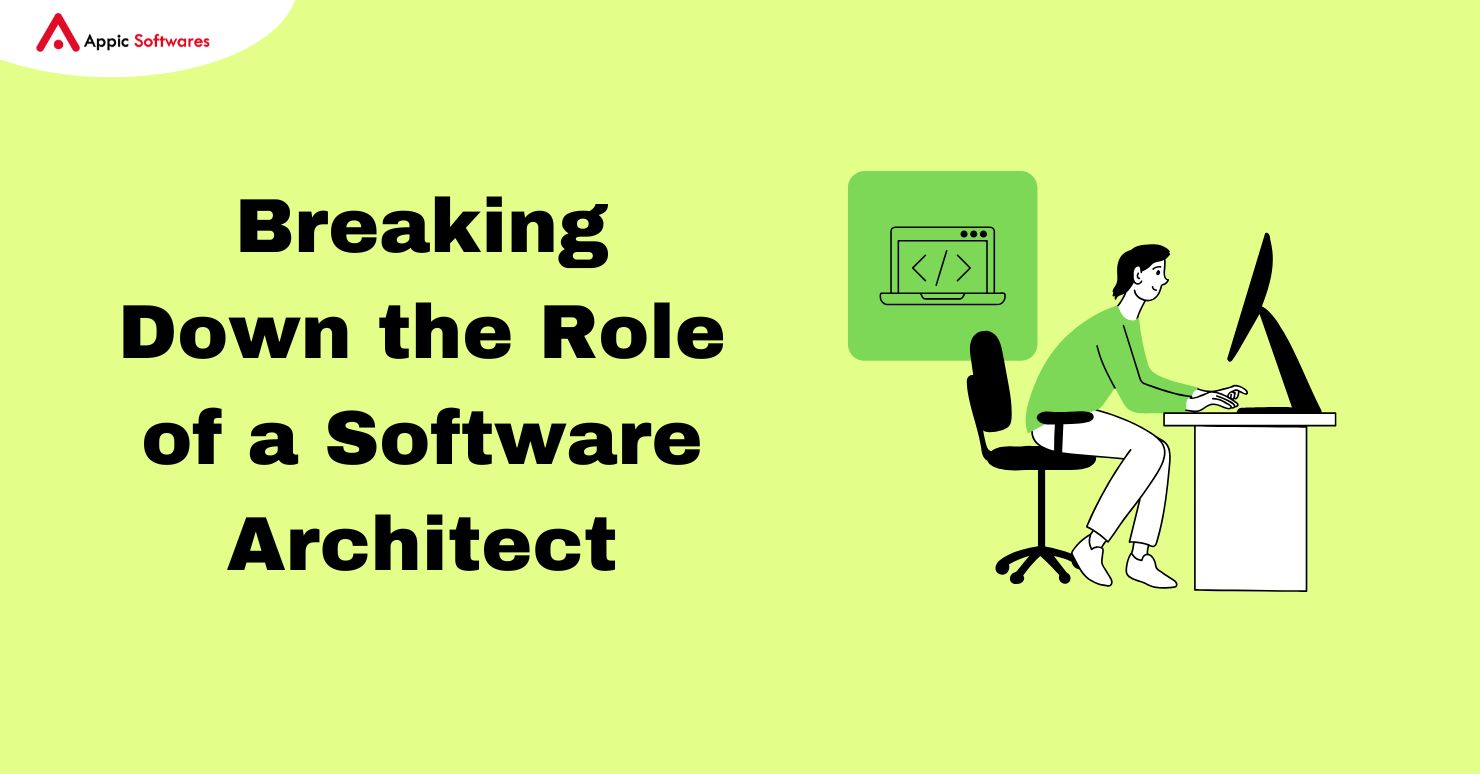
Today, companies use many tools to care for their customers. One of the most important tools is a customer management system. The Indian market for customer relationship management software is anticipated to generate US$1.45 billion in sales by 2025. A good system makes work easier and helps teams work well together. In this article, we discuss AI CRM development. We also look at cost, features, and ways to build a system that uses smart ideas.
Why Does a Company Need A CRM?
A customer management system helps companies keep track of many details. It brings information together and makes work easier. Many companies now use ai crm development to handle customer records. Here’s why a business should have a system to manage customer relations.
-
Improved Customer Communication
A CRM helps teams talk better with customers. It stores contact details, past messages, and notes on customer needs. Teams can look at history and answer questions with full context. This leads to faster replies and more care for each client. Companies that use ai crm development see better client satisfaction.
A company can also send messages in bulk and set reminders. The system keeps track of when to call a customer and when to send a thank-you note. Staff work together to make every customer feel important. This clear system boosts confidence and trust. One small note in the system can change how a customer feels about the whole service.
-
Boosted Sales Management
Sales teams need help to reach their targets. A CRM helps by listing prospects and showing follow-up times. Sales staff can check which clients need more attention. The system makes the whole sales process easier. Companies that add AI CRM development to their work see better results and smoother sales work.
Each sale becomes a chance to grow trust. The system provides reminders for follow-up calls and meetings. Staff know when to reach out and what to say. This leads to fewer missed chances and more deals. Businesses that use CRM Development in their daily work often record more wins.
-
Organized Customer Data
A system that collects and stores data makes work simple. All customer details live in one place. Employees do not need to search through emails or paper files. This method speeds up work and stops errors. With AI CRM development, teams can work with clear data that helps in making quick choices.
Data is arranged in lists, tables, and charts. Workers see trends that help plan better actions. This organized information gives a better view of how the business is doing. It makes planning and review sessions faster. Plus, a well-structured CRM can help manage software development costs by optimizing resource allocation and reducing the need for frequent updates.
-
Enhanced Customer Support
Customer support teams can answer questions and fix issues fast. A CRM records past problems and their solutions. Teams use this history to guide current support efforts. Each case is recorded and used to help train new team members. This approach makes support smooth and reliable.
The system also helps track common problems. It shows patterns that help staff know which issues to fix first. Workers use a list of frequently asked questions to answer new queries. The use of AI CRM development here means support grows more helpful with time. Clients feel cared for when their problems get answers quickly.
What Are The Essential AI CRM Features?

A modern customer system must have many useful tools. Today, smart ideas help shape these systems. The following are the main features that a good system should include. These tools make the work of staff easier and help companies serve customers better. Using these features, a business can enjoy smooth operations and a strong bond with its clients.
1. Effective Data Analysis
A good system must show useful reports and charts. Data analysis is at the heart of AI CRM development. It helps teams see trends and patterns in customer behavior. Employees can view daily, weekly, or monthly trends. This feature lets managers plan better actions based on numbers.
Teams can also spot which customers buy more and which need a call. Reports come in neat tables and graphs. A clear look at the data helps the team adjust plans on time. This feature gives real information that helps set goals and improve customer care.
2. Personalized User Experience
Customers feel special when they get attention that fits them. The system stores details like past purchases and interests. With this data, teams send messages that speak directly to each client. Staff do not use one message for all but choose words that suit each customer.
This feature is common in both AI CRM development and AI in CRM. It helps build trust with each person who calls the business home. Each message shows care and respect. Staff learn what customers like and use that in every conversation. In time, clients feel that their needs are well known and valued.
3. Automated Task Management
The system can plan and remind tasks for the team. It sends alerts for meetings, follow-ups, and important deadlines. This automated help saves time for busy teams. Each worker sees a list of tasks with clear deadlines. The reminder system is a big boost for busy offices.
Automation also means fewer mistakes. Staff do not forget to call a client or send an email. The system keeps everyone on track. When using AI CRM development, many small tasks run on their own. This lets the team focus on high-priority work that needs human thought.
4. Seamless Tool Integration
A modern CRM works well with other programs. It connects with email tools, social media, and online calendars. This integration makes work smooth and stops information from being lost. Teams can share data between systems without extra work. This feature also boosts the role of AI in CRM.
Workers use the system to check calendars and plan meetings. Data flows from one tool to another with ease. The connection among apps saves time and reduces stress. A connected system means that staff have all the information they need in one view. Seamless tool integration not only enhances functionality but also requires careful planning to manage the AI development costs associated with connecting AI-powered tools.
How To Create An GenAI CRM?
Building a customer system with smart computer ideas means planning each step. Many firms are now working on AI CRM development to add computer thinking to their systems.
- Define Your Goals
Before you start, write down what you want your system to do. Clear goals help teams stay on track. Think of the main reasons you want to build a system. You may want to improve customer care, help sales teams, or manage data better. Listing these goals gives a path for the project.
Goals must be easy to understand for everyone in the team. The list can include simple tasks like storing customer emails and showing sales numbers. When you write clear goals, you make it easy for workers to see what they need to build. Use the ideas from AI CRM development as a guide to set targets.
-
Choose Suitable Technology
A smart system needs strong technology to work well. Look for tools that work with your existing software. Many companies use cloud services and simple apps to store data. The right tools will help build a system that works fast and is safe. When you study different options, you pick the one that fits your needs.
The choice of technology matters a lot for the project. Look at options that support modern computer thinking. Many vendors offer support and training. This step is key to a good AI CRM development project. Teams should compare choices and decide on the best match.
-
Develop and Train AI Models
The heart of a smart system lies in its computer models. Build models that help in sorting data and planning actions. Train these models with past customer data so they learn from history. The models then show trends and help in planning calls and follow-ups. This part uses ideas from AI in CRM to help teams work with data.
Training models requires careful input of correct details. The process uses real numbers and dates. Each step helps the model get better at reading data. Teams run tests to see if the model gives the right answers. The AI development companies like Appic Softwares provide expert help that may speed up this work.
-
Test and Improve the System
When you build a system, starting with a minimum viable product (MVP) developed by a specialized MVP development company allows for iterative testing and improvement. Test each function and see if it meets the goals. Workers use the system for a while and share feedback. This feedback helps fix any errors and improve the system. A proper test phase makes the whole work better for everyone.
Make small changes and test them again. Each step adds to the final look and function. This phase also teaches the team what works best for the company. The process does not end after the first test. Teams continue to check and update the system to keep it running well.
How Much Does It Cost To Create An AI CRM?
Building a smart customer system is a big project. The cost may vary with each step of the work. Companies must plan for spending on planning, building, and keeping the system up.
-
Planning and Development Expenses
The first cost is in planning and building the system. Teams write down goals and choose the right tools. The planning stage also involves making a design and a roadmap. The cost depends on the size of your project and the work needed. A good plan helps avoid extra work later on.
Development expenses cover writing code, setting up databases, and testing the system. Experts work to build a system that meets your needs. In many cases, companies use a mix of in-house staff and outside help. The use of CRM Development methods may add a small cost, but it saves time and work in the long run.
-
Maintenance and Support Fees
A working system needs care even after launch. Teams must spend time checking the system and updating it when needed. Support fees cover help with fixing bugs and answering user questions. Regular checks keep the system fast and safe. Maintenance helps avoid big problems and keeps work smooth.
Many companies set aside funds to look after their system. This spending covers software updates and repairs. The fees vary with the size of the system and the number of users. A well-run system helps the team work well each day
-
Customization Expenses
Many companies need a system that fits their own style. Customization means changing the system so it matches your way of working. This may include adding extra features or making the design fit your brand. Teams spend time to add the right touches that help staff work well. The extra cost of customization depends on how many changes you need.
Estimated Costs for AI CRM Development
- Basic AI CRM: For a basic CRM with some AI features, costs might start around $50,000 to $80,000.
- Advanced AI CRM: More complex systems with extensive AI integrations could cost between $100,000 and $300,000 or more, depending on the scope and technology used.
Final Words
The path to a strong customer management system is full of clear steps. We saw that a company needs a CRM to help with communication, sales, data, and support. Each part of the system plays a role in making work smooth. Companies that use AI CRM development see many benefits in day-to-day work. You’ve learned how a good system works and how much it may cost.
A modern customer system shows clear signs of progress in work and care. It helps teams use data wisely and plan the next step. Each tool in the system helps staff do their work with less strain. Companies gain by using smart computer ideas to set a clear plan for success. The concept of AI in CRM brings a new way to help teams work in a smart and fast manner.
Ready to transform your business with AI CRM development? Contact us today to explore how we can help you achieve your goals!
FAQs
1. How long does it take to develop an AI-powered CRM system?
The development timeline varies based on the features and complexity of the system. A basic AI CRM can take around 3-6 months, while an advanced system with extensive AI capabilities may require 6-12 months or more for full development and testing.
2. Can AI CRM systems integrate with existing business tools?
Yes, AI CRM systems can be integrated with tools like email platforms, social media, ERP software, and analytics tools. Seamless integration ensures smooth data flow and better efficiency in customer management.
3. What are the key benefits of AI in CRM systems?
AI enhances CRM systems by automating tasks, improving customer insights, personalizing interactions, and streamlining sales processes. It helps businesses make data-driven decisions and provides a better customer experience.








